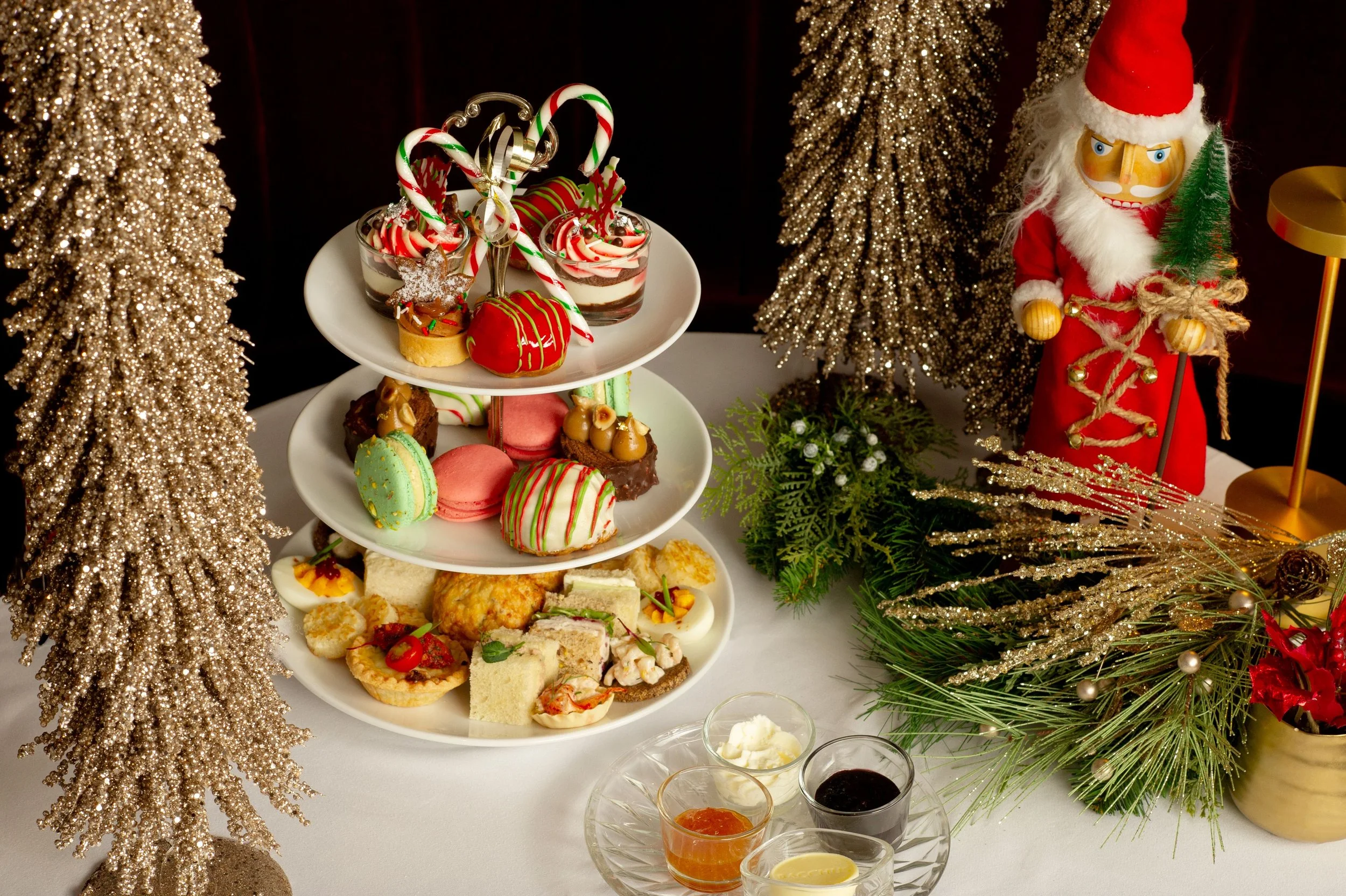Kapé Philippine Coffee builds bridges between farmers and consumers—and works to decolonize the industry
Vancouver’s Iona and Paolo Fresnoza work directly with female-led small farms in their home country
Ioan and Paolo Fresnoza are the founders of Kapé Philippine Coffee.Photo via Kapé Philippine Coffee/Facebook
June is Filipino Heritage Month.
AS A CHILD in Tabuk, Kalinga Province, in the mountainous Cordillera region of the Philippines, Iona Fresnoza was allowed to drink coffee. She’d have it black, or mix it in her mug with burned rice and brown sugar for breakfast or a snack. Now living in Vancouver, sipping coffee for Fresnoza is much more than a pleasant way to start the day or take a break. It’s a part of her culture, a link to her heritage, a piece of her heart.
Fresnoza and her husband, Paolo, who was born in Manila and spent his childhood in Quezon City before moving to Canada’s West Coast in his teens, run Kapé Philippine Coffee. It’s Vancouver’s first and only source of Philippine coffee.
Taking its name from the Filipino word for coffee, Kapé is a social venture. It works with female- and family-led farmers in the couple’s home country, providing strictly ethically sourced, farmer-first, and direct-trade coffee to consumers in Canada and beyond.
“Growing up, I didn’t know coffee would be a big part of my life, but it is and I’m very grateful for it,” Iona said at Kapé at Tsokolate 2, a virtual coffee and cacao tasting event presented by the Philippine Consulates General in Vancouver and Toronto in partnership with Kapé and Kasama Chocolate held in celebration of June being Filipino Heritage Month. “It’s something I carry tangibly with me as a piece of home and something that I can share personally.
“My journey with coffee started in 2003 when I got connected with coffee farmers in region I was born,” she said. “I just fell in love with the community and how passionate they were about coffee farming and how they have their livelihoods built on coffee. Seeing how joyful they were in that community really inspired me; it’s something that sparked an inspiration in my heart to keep carrying that. When I moved to Vancouver, I knew we had to bring specialty coffee from the Philippines because it’s something people have yet to know about. For me it’s our best kept secret.”
Iona’s link to the coffee world came via her aunt’s company, through which Coffee AID (Assistance for Indigenous Development) was formed. The non-profit organizes community trips with volunteers who want to be a part of the coffee story not just as consumers but as advocates. They help plant and harvest coffee, gaining a better understanding of what goes in to each and every cup—something most North Americans take for granted.
Coffee has been in the Philippines since the arrival of the Spanish in the 1740s. The country’s geography as a tropical rainforest located in the coffee and cacao belt makes it an ideal cultivation ground for both crops. In fact, the Philippines is one of only a few countries in the world that produces all four of the commercially viable coffee varieties—Arabica, Liberica, Excelsa, and Robusta—and all three main cacao bean types: Forastero, Criollo and Trinitario.
Kapé aims to make a connection between producers and consumers. On its website, where people can purchase coffee, are photos and stories of the partner farmers they work with.
Nana Yoly is one of Kape Philippine Coffee’s partner farmers who is featured on its website, who every year plants new coffee seedlings and prunes their family’s heirloom coffee trees in her mountain backyard.
There’s Ate Maria-Luz's Coffee, Kapé’s single origin espresso, from Bansalan, Davao del Sur, for example. Honey-processed, it has flavours of nectarine, sugar candy, and barquillos (crispy biscuit roll). Ate Roselyn's Coffee—which won Bronze at Golden Bean North America 2019 out of 435 entries for filter coffee—tastes of sweet cherry and peach-blossom tea. Manang Mina’s Coffee, from the Sitio Lower Sayet, Atok, Benguet region, brings to mind cacao nibs and zesty fruit.
As Filipinos in the diaspora, the Fresnozas (who met in a coffee shop) see a lack of representation and diversity in the coffee industry, something they hope to change. Through Kapé they are reclaiming their identity while promoting cross-cultural sharing and understanding.
Kapé’s logo is made of two characters from Baybayin, a Filipino Indigenous script that the couple’s ancestors used long before Spanish colonizers arrived. It’s one way the Fresnozas honour Philippine Indigenous culture and are decolonizing coffee. They see parallels between the Philippines’ history and that of Canada with the impact of colonization.
“Coffee is a story of movement,” Paolo said at the event. “It’s a story of the diaspora; it’s a story of migration. Coffee is a story of struggle. We also do share the struggles of First Nations here, our Indigenous brothers and sisters; we have similar struggles being a country formerly colonized for 400 years. We are still in that phase.
“We believe that coffee is that medium for storytelling,” he said. “That’s what we love to do.”
For more information, visit Kapé Philippine Coffee.
Kapé is the Philippine word for coffee.
















